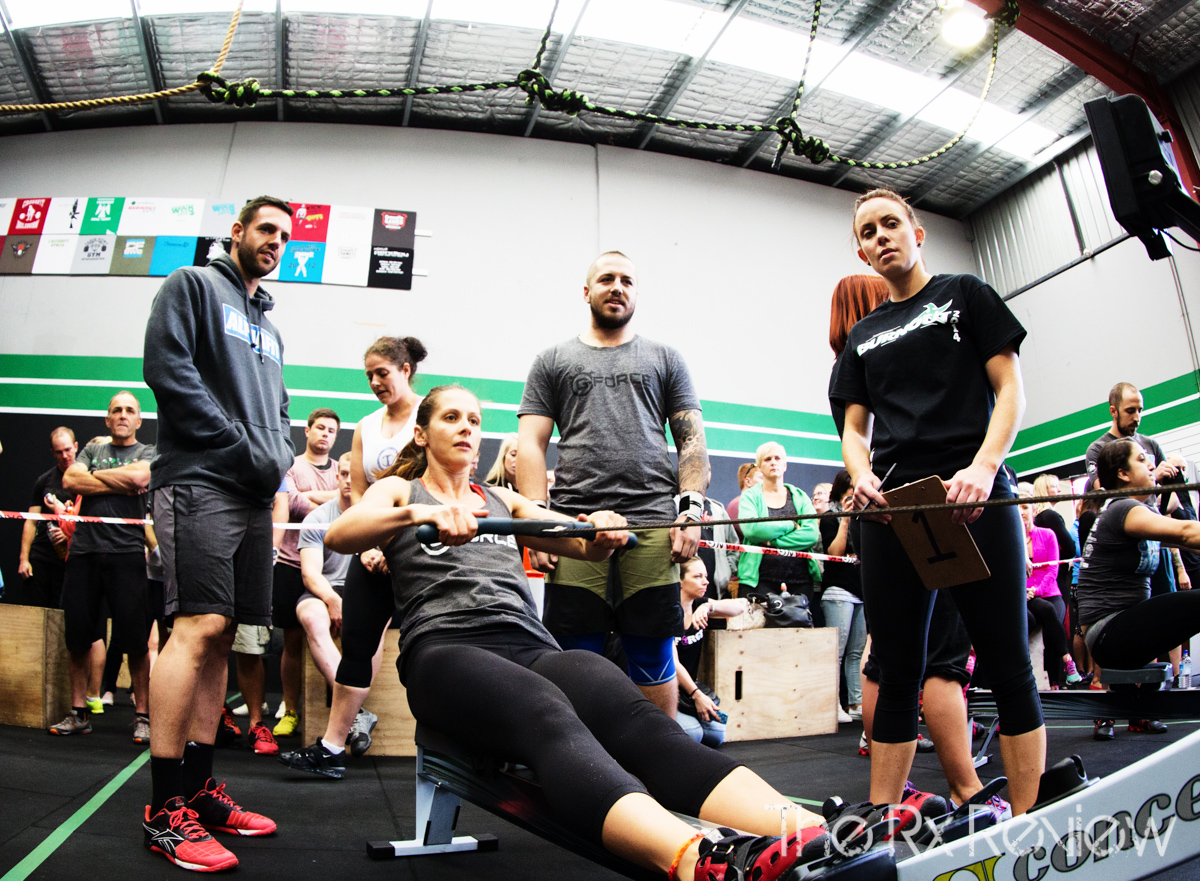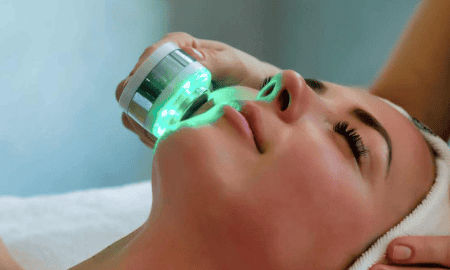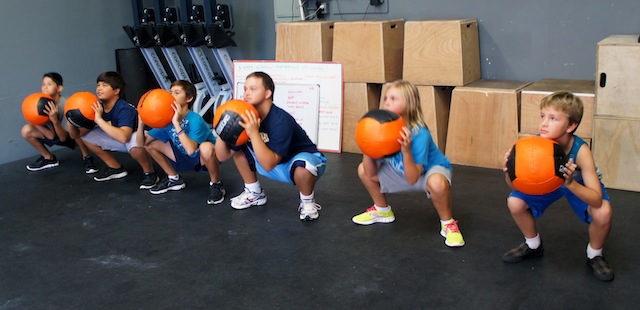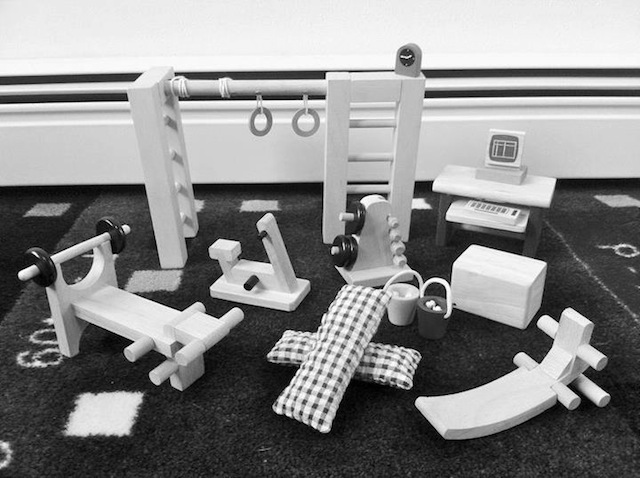
Going through addiction treatment and taking steps toward sobriety is a fantastic achievement. However, completing rehab and graduating from a structured treatment program isn’t the end; it’s just the beginning.
Protecting your sobriety and preventing relapses will be a top priority as you navigate your recovery. Here are some effective tips to help minimize your alcohol relapse risk so you can move on with your life.
Find an Approach That Resonates
There’s no one-size-fits-all approach when it comes to treatment and recovery. It’s important to find a process that works for you, whether it’s one-on-one counselling, group meetings, or a combination of both. Having a partner who helps you with the recovery is also ideal. Check abbeycarefoundation.com to learn more.
Alcoholism is a major issue in Florida, with alcohol being the leading substance used by those seeking treatment. However, this pervasive issue has led to the development of numerous options for ongoing substance use disorder treatment. Cities like Deerfield Beach are innovators in addiction recovery treatment. For example, if you look for an AA meeting in Deerfield Beach, you can find everything from the traditional open or closed group sessions to meditation or literature-based meetings.
Your recovery will look different from your peers’. The goal is to find ongoing treatment and support options that you can commit to, pivoting if something no longer serves your sobriety goals.
Move Your Body
Exercise has a profound effect on the brain. While the studies regarding exercise as a factor in addiction recovery are limited, initial explorations show promise. Some studies showed improvements in minimizing cravings and maintaining long-term sobriety among those who exercise. It’s unclear whether this is related to the positive, regenerative impacts on the brain or if exercise proves a healthy distraction. Some scientists surmise that the release of endorphins creates a natural high that helps offset cravings.
Moving your body is good for your mental, physical, and social health. Getting into an exercise program and connecting with others is an excellent way to replace old habits and social groups with a new, supportive alternative. It’s also a rare way to meet and connect with people in a social setting that doesn’t center around alcohol consumption.
Develop Stress Management Skills
Stress is a common trigger for alcohol consumption— especially for those with a substance use disorder. Unfortunately, stress is unavoidable in life. However, you can learn healthy coping skills and make stress management a top priority in your daily routines.
Exercise is a great way to combat stress. Other skills include:
- journaling
- meditation
- progressive muscle relaxation (PMR)
- visualization
- reframing
- brain dumps (similar to journaling)
- focused breathing
- creative and leisure activities
- talk therapy
A cognitive-behavioral therapist can help you learn scientifically proven techniques like PMR, visualization, and reframing. Having these skills in place can help you manage your stress levels healthily and recover when an acute stressor occurs.
Know Your Triggers
While staying on top of stress management is an important aspect of trigger management, it’s only a piece of the puzzle. It’s essential to know what places, people, activities, and events could be potential triggers. Knowing your triggers will help you avoid them or deal with them when they become unavoidable.
An unavoidable event could be a wedding or outing. If you know there will be alcohol available at your sister’s wedding, working through an exposure plan with a counselor can help you manage that event.
Avoidable triggers could include people from your past, your old haunts, or activities you usually engaged in while drinking. It’s important to understand that you could still encounter these triggers unexpectedly; that’s why developing coping skills is essential.
Reach Out and Connect
Going to AA meetings, contacting your sponsor, and working with a counselor are all effective strategies for relying on your support network. However, it’s also important to have close interpersonal relationships with friends and loved ones you can trust.
Identify who you can count on to be a listening ear or for reassurance. Try to maintain your social relationships with these people, reaching out regularly to stay in touch. These communications won’t always center around your struggles— nor should they. Ask how they’re doing and what’s going on in their lives as well. Nourish healthy relationships and communication so that when you’re having a hard day, you can reach out for support.
Setting boundaries and ending relationships that don’t support your sobriety are a must during this period. Cut ties with those who enable you or bring out triggering feelings.
Celebrate Milestones and Achievements
Celebrating milestones is an integral aspect of the recovery process. Earning your chip is a big deal in the AA community and should be celebrated. You should also celebrate other milestones and achievements, even if they’re small or seemingly unrelated to your sobriety.
Setting short and long-term goals can help you create direction and purpose in your life after treatment. Create a small ritual to mark the occasion when you achieve something. For example, you might be working on recovering your financial health after addiction. Opening a retirement account and depositing $100 may seem inconsequential, but it’s a huge win.
It’s also important to celebrate each day you achieve sobriety. During the hard times, remind yourself that you can make it one more day, and celebrate when you do.
Create Structure and Routine
Humans are creatures of habit. Creating structure and routines in your life will help you maintain your sobriety by creating consistency. Consistency will help you avoid triggers and manage your stress.
Try to outline your schedule daily and weekly so you can anticipate what’s ahead. Be sure to prioritize your recovery, making time for meetings and support appointments before adding anything else to your calendar. It can help to break your activities into blocks for socializing, work, exercise, treatment, etc.
Remember that your routine isn’t meant to be set in stone. Anticipating and preparing for disruptions is essential for preventing a relapse. Consider your weekly schedule an outline for what it might look like, allowing flexibility as needed when things don’t go according to plan.
Final Thoughts
Minimizing your relapse risk is an ongoing effort; some days will be easier than others. By working on yourself and creating a routine filled with healthy habits, you can focus on the journey ahead and stay successfully sober.

















Follow Us